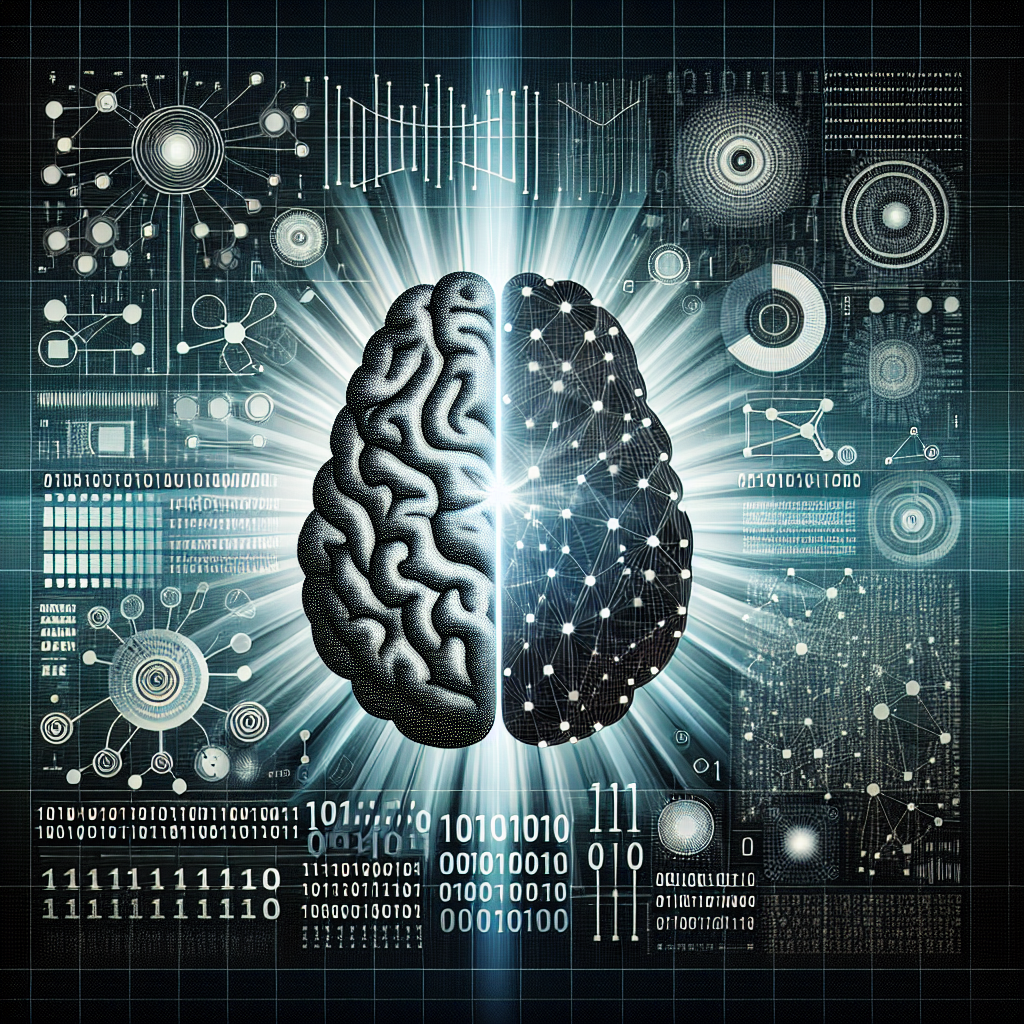Artificial intelligence (AI) is a rapidly growing field that is revolutionizing many aspects of our lives. From self-driving cars to virtual assistants, AI is becoming increasingly integrated into our daily routines. However, for many people, the concept of AI can seem overwhelming and confusing. In this article, we will demystify AI and break down the basics to help you better understand this groundbreaking technology.
At its core, AI is the simulation of human intelligence processes by machines, particularly computer systems. This includes learning, reasoning, problem-solving, perception, and language understanding. AI systems are designed to perform tasks that typically require human intelligence, such as visual perception, speech recognition, decision-making, and language translation.
There are several types of AI, ranging from narrow AI to general AI. Narrow AI, also known as weak AI, is designed to perform a specific task, such as playing chess or recognizing speech. General AI, on the other hand, is the concept of a machine that has the ability to understand, learn, and apply knowledge across a wide range of tasks, much like a human.
Machine learning is a subset of AI that focuses on the development of algorithms that enable computers to learn from and make predictions or decisions based on data. This is achieved through the use of neural networks, which are modeled after the human brain and consist of interconnected nodes that process information.
Deep learning is a type of machine learning that uses neural networks with many layers to analyze complex data sets. This approach has been instrumental in advancing AI technologies, particularly in areas like image and speech recognition.
Natural language processing (NLP) is another key aspect of AI that focuses on enabling computers to understand and generate human language. This technology is used in virtual assistants like Siri and Alexa, as well as in language translation tools and chatbots.
AI has the potential to revolutionize many industries, from healthcare to finance to transportation. It can help doctors diagnose diseases more accurately, assist in predicting stock market trends, and improve the efficiency of self-driving cars.
While AI offers many benefits, it also raises ethical concerns, such as bias in algorithms, privacy issues, and the potential for job displacement. It is important for developers and policymakers to address these challenges and ensure that AI is used responsibly and ethically.
In conclusion, AI is a complex and rapidly evolving field that has the potential to transform society in profound ways. By understanding the basics of AI, we can better appreciate its capabilities and implications for the future. By staying informed and engaged with developments in AI, we can ensure that this technology is used to benefit humanity as a whole.


Leave a Reply